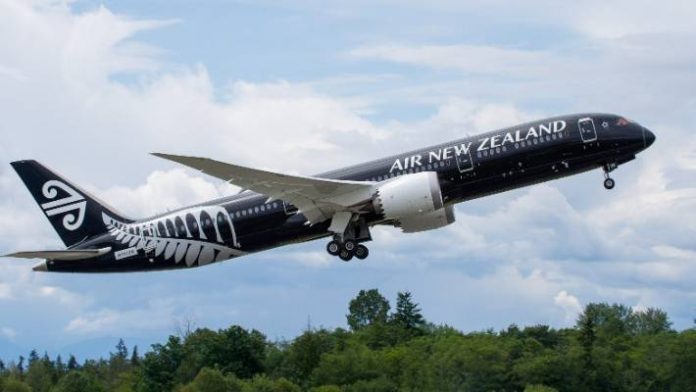Air New Zealand has become the latest carrier to cause mass confusion over whether Apple AirTags and similar tracking devices are allowed to be used as baggage trackers and has told passengers to avoid using the devices in checked luggage until 2023 at the earliest.
The airline has cited international aviation rules for the decision which seemingly ban all lithium battery-powered devices from checked luggage unless the device is turned off.
Of course, the whole point of the Apple AirTag is that it effectively remains switched on at all times and removing the battery from the device to comply with Air New Zealand’s rules would effectively render it useless.
On its website, Air New Zealand notes that “only battery-powered baggage trackers that can be turned off i.e. are not in sleep mode, will be accepted in checked baggage.”
Kiwi publication Stuff contacted the airline for clarification, and a spokesperson for Air New Zealand confirmed that AirTags and similar tracking devices like the Tile weren’t officially allowed in checked luggage.
“As products such as the AirTag and Tile are portable electronic devices that cannot be turned off, dangerous goods regulations currently prohibit them from being carried in checked-in luggage,” the airline told Stuff.
Aviation safety rules drawn up by the International Civil Aviation Organization (ICAO) stipulate that all lithium battery-powered devices with a lithium content not exceeding 2g are only permitted in checked luggage when switched off.
Air New Zealand explains that batteries can pose a fire safety risk and there is a growing list of incidents in which battery-powered devices have caught fire inflight. These potentially catastrophic incidents have, however, been quickly contained by flight attendants because they were quickly alerted and could immediately fight the fire.
If a device were to set a light in the luggage hold, though, there would be no way for flight attendants to contain the fire and the flames could quickly spread.
But Apple AirTags use tiny CR2032 lithium coin batteries with just 0.109g and the risk of combustion is believed to be misicule. In fact, after Lufthansa faced a barrage of criticism over its apparent ban on Apple AirTags, the German flag carrier sought clarification from the German Aviation Authorities (Luftfahrtbundesamt) who confirmed the devices don’t pose a fire risk.
As a result, Lufthansa said there would be no restriction on AirTags being used as luggage trackers – a view shared by most other international airlines even though the ICAO rules don’t officially make an exemption for AirTags.
Although Air New Zealand says it won’t start searching passenger luggage for AirTags, it has asked its customers to refrain from using them as trackers for hold luggage until it gets the nod from Kiwi aviation safety regulators.
“As part of Air New Zealand’s safety management system, a review of these products is likely to take place in early 2023. Following this, discussions with the regulatory authority may be undertaken,” a spokesperson told Stuff.
The airline did, though, also warn that regulators might take a tougher approach and ask for specific screening to detect AirTags before allowing luggage in the hold.
Apple designed the AirTag as a luggage tracker, and the Californian tech behemoth has rejected assertions that the device does not already comply with international rules for both carry-on and checked luggage.
























